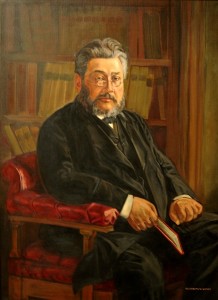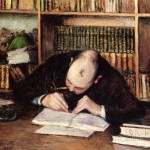 Some Quotes from Martin Luther:
Some Quotes from Martin Luther:
“Justification by faith alone is the article of the standing or falling Church.”
“This doctrine [justification by faith alone] is the head and the cornerstone. It alone begets, builds, preserves, and defends the church of God; and without it the church of God cannot exist for one hour. For no one who does not hold this article or, to use Paul’s expression, this ‘sound doctrine’ (Titus 2:1) is able to teach aright in the church or successfully to resist any adversary… this is the heel of the Seed that opposes the old serpent and crushes its head. That is why Satan, in turn, cannot but persecute it.”
“Whoever departs from the article of justification does not know God and is an idolater . . . For when this article has been taken away, nothing remains but error, hypocrisy, godlessness, and idolatry, although it may seem to be the height of truth, worship of God, holiness, etc… If the article of justification is lost, all Christian doctrine is lost at the same time.”
“When the article of justification has fallen, everything has fallen. Therefore it is necessary constantly to inculcate and impress it, as Moses says of his Law (Deut. 6:7); for it cannot be inculcated and urged enough or too much. Indeed, even though we learn it well and hold to it, yet there is no one who apprehends it perfectly or believes it with a full affection and heart. So very trickish is our flesh, fighting as it does against the obedience of the spirit.”
The youtube videos below are taken from a seminar given on Saturday & Sunday, February 7, 8, 2009, at the Sola Conference at Countryside Bible Church in the Dallas area.
The first video is an overview of the historic and present day attacks against the doctrine of Sola Fide (justification by faith alone).
Lasting approx. 72 minutes, this presentation made by a man I am proud to call my friend, Dr. James White, is excellent for both its clarity and insight concerning the Gospel of Jesus Christ. It is highly recommended.
The second video (below) lasts approx. 55 minutes and is entitled Living Out Sola Fide.


 Bullinger (1504-1575) left an account of how the Reformation ministers in Zurich studied the Old Testament together in Zwingli’s time:
Bullinger (1504-1575) left an account of how the Reformation ministers in Zurich studied the Old Testament together in Zwingli’s time: